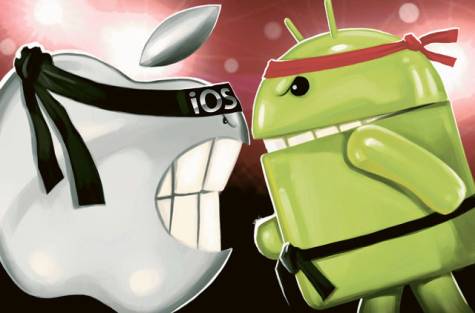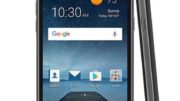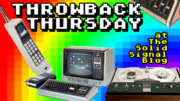So here it is 2015, and both of the dominant mobile operating systems have been with us for eight years. We tend to remember the iPhone coming first but it’s really a toss-up; the first iOS device was the 2007 iPod Touch while Android’s development actually traces back to 2003. Still, it’s the phones that came to market in 2008 and beyond that really defined them. There once was a really big difference; iPhone was slick and cool and easy while Android was powerful and adaptable but confusing. Those tropes are really obsolete now, with both iOS and Android delivering stable, smooth, malware-free experiences complete with music, apps, and digital assistants. But which is better?
The hardware
You really can’t divorce the iOS vs. Android debate from the hardware that runs it. For years the iPhone was head-and-shoulders above any Android phone but now… I think it’s fair to say that it really depends on what you want. HTC’s Androids have better music, LG’s have a better camera, and Samsung has a wider array of sizes and form factors. Not only that, Androids generally use less expensive connectors making it easier to get the spares you need. Not only that, if looks are what you’re after, you can get an Android device that looks astoundingly like an Apple one, in a choice of colors and configurations that match every level of interest.
Having spent a lot of time with both, I still have to give a slim lead to Apple. Not because it has the specs; it doesn’t. Whether you care about storage, screen size, resolution, camera, whatever… someone always has Apple beat and it’s even possible to find phones like the Galaxy S6 that pretty much beat Apple in every metric, including durability. There’s just one thing… it’s that ineffable quality that Apple products have. They are just a little better balanced, a little smoother, a little slicker and it’s hard to say why. The latest iPhone takes a step firmly toward the Android camp with curved edges, yet it doesn’t feel as cheap as Androids with curved edges do.
The software
There’s no doubt at this point that you can have it either way when it comes to the phone operating system. There isn’t a single important app that isn’t available for both platforms, or at least there’s something compatible. All the Google apps that make Android feel comfortable are there on iOS, and they work just the same. Apple’s music app is coming to Android, and the Microsoft Office apps are there on both. Both have great cloud integration. Once you learn the little peculiarities of both, they’re really equivalent. Apple has a better handle on keeping things safe no matter what, while Android gives you a lot more control over your experience. That part’s still true.
It’s really your mindset that is going to drive you to one or the other. The old prejudices still apply here; Apple products are perceived to be a little more polished and easier to use, while Android appeals simultaneously to the very early and very late adopter. Early adopters appreciate the new features while the “value-conscious” consumers go for the super-cheap low-end phones running bare-bones Android implementation. It’s the bare-bones, free-phone-loving crowd that drives Android into the top spot as most popular phone, making iOS a more popular choice for developers. Really, those old prejudices are just reinforcing themselves by now, because you can be just as forward-thinking on an iPhone or just as cheap, depending on what you want to do.
Customer Service
Finally, here’s a place where Apple and Android devices are quite different. Apple is known for their legendary customer service. Drop one and it’s either free or very inexpensive to get it repaired, and if something weird happens, you can get a nice, helpful English speaker on the phone quite easily. In most parts of the country you’re no more than an hour’s drive from a manufacturer-operated support center. You can’t say that about any Android device and if there’s value to those things, Apple has to be your choice. If you’re among those who treat phones as disposable, you’ll probably go Android, but if you still think that electronic doodad has inherent value to you, you’ll flock to an iPhone. That probably accounts for the fact that Gen-X and Baby Boomers tend to trust Apple more; when those groups were young, technology was something you cared about maintaining.
Resale
Some Android devices are slowly catching up to Apple when it comes to resale, but for two decades Apple has had the magical ability to keep the resale value of their devices up even when similar ones are nothing but landfill bait. Unless you’re tied into the increasingly common “next” or “jump” plans from the carriers, you should consider the resale value of the device, because it really dictates how much you’re spending long term. Personally I can say that since I bought my first iPhone in 2010, I’ve consistently sold them for more than I’ve bought them for, due to carrier subsidies. With “next” type plans it becomes a little harder to figure out the math, but it can still be done. On the other hand if you’re one to trade phones every 3-4 months, you don’t care about that stuff.
So who wins? The good news is that you do. It really, truly, finally doesn’t matter for 90% of people which phone or operating system they use, so you can feel good with whatever choice you decide to make.





